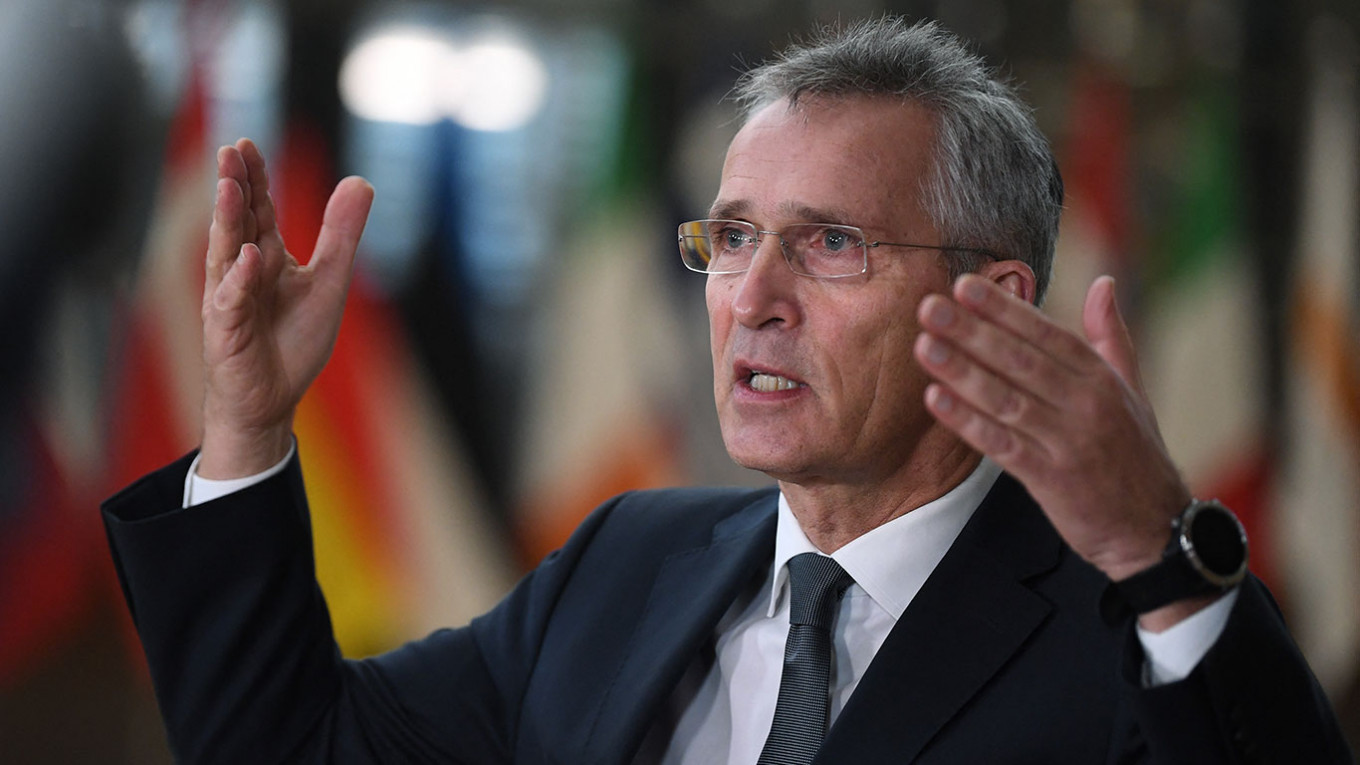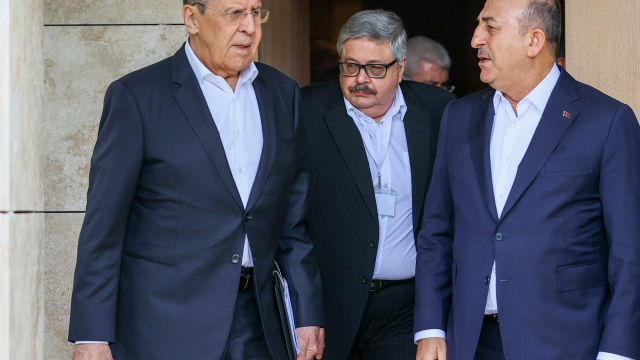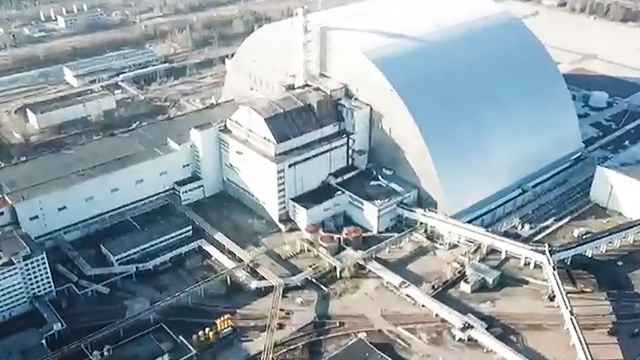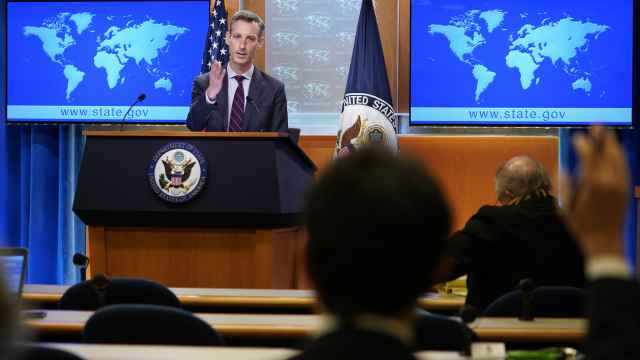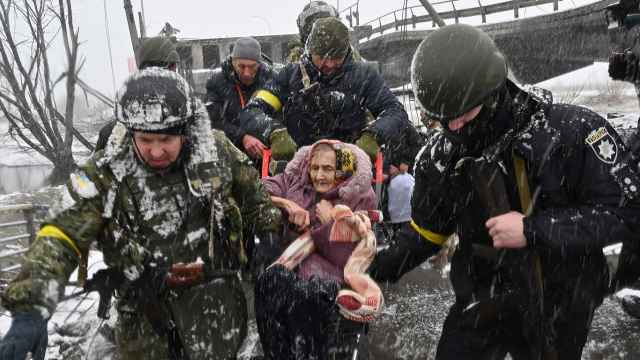Russia's relations with the West have come to a head. NATO expansion, which Putin brought up again in a recent speech, is a well-known issue for Russia. What is not often mentioned is that this is also an issue for the bloc.
When decisions were taken in the 1990s, it was not considered that expansion would require a real extension in safety guarantees for a large number of new countries. It was presumed that Russia would either integrate somehow into the general order, or simply would not pose a threat for a long time. This did not materialize, partially due to the preservation of NATO, and the fact that Russia's recovery occurred faster than expected.
As a result, decorative institutes which imitated cooperation between Russian and the alliance crumbled. Now a militarized standoff has recurred, and NATO must be held accountable for its promises.
But the willingness of allies to carry out dangerous missions is, to put it mildly, low. Defending a string of countries that joined at the end of the last century and the beginning of this century is difficult from a military standpoint. Moreover, the multiplicity of opinions within the bloc is incomparable with what existed previously.
The new Cold War between Russia and the U.S. has, in fact, had a positive impact on relations between the two nations: They are now simpler and stricter.
The situation within Europe is worse, because it is an entity loosely linked without a political will of its own, and a unified strategic position in such a diverse association is impossible in principle. This is where the biggest risks lie.
Russia is tempted to take advantage of Europe's rift to correct the military-political results of 30 years ago. Europe is forced to invent more and more exotic ways of demonstrating its viability. And the U.S. is caught between reorientation toward Asia (priority) and continuing containment in Europe (tradition and symbol).
All of this causes tension, which is not conducive to the mechanisms for maintaining stability.
According to Vladimir Putin, tension creates opportunities — these are the lessons learned from the Cold War.
The question is whether this will work today. We have reached a point where the long-standing controversy over NATO enlargement must somehow be resolved.
Resolution will come from either by reaffirming the right to expand, or recognizing that the logic of "everyone has the right to enter the alliance," the idea on which post 1991 NATO expansion was based, is no longer valid. Both options carry many risks.
What is disconcerting about the president's speech is the return to strictly Western-centrism. Non-western components were listed most likely for the sake of order, as even China is linked to the West by trying to destabilize it.
It is clear that Russia cannot abandon the agenda of the past 30 years, too much is connected with it. The main thing is not to drown in it once again. After all, regardless of what happens in Europe, it will remain a strategic periphery.
And for Russia's international posture it will be not decisive, but auxiliary.
A Russian version of this article was first published by Kommersant.
A Message from The Moscow Times:
Dear readers,
We are facing unprecedented challenges. Russia's Prosecutor General's Office has designated The Moscow Times as an "undesirable" organization, criminalizing our work and putting our staff at risk of prosecution. This follows our earlier unjust labeling as a "foreign agent."
These actions are direct attempts to silence independent journalism in Russia. The authorities claim our work "discredits the decisions of the Russian leadership." We see things differently: we strive to provide accurate, unbiased reporting on Russia.
We, the journalists of The Moscow Times, refuse to be silenced. But to continue our work, we need your help.
Your support, no matter how small, makes a world of difference. If you can, please support us monthly starting from just $2. It's quick to set up, and every contribution makes a significant impact.
By supporting The Moscow Times, you're defending open, independent journalism in the face of repression. Thank you for standing with us.
Remind me later.



